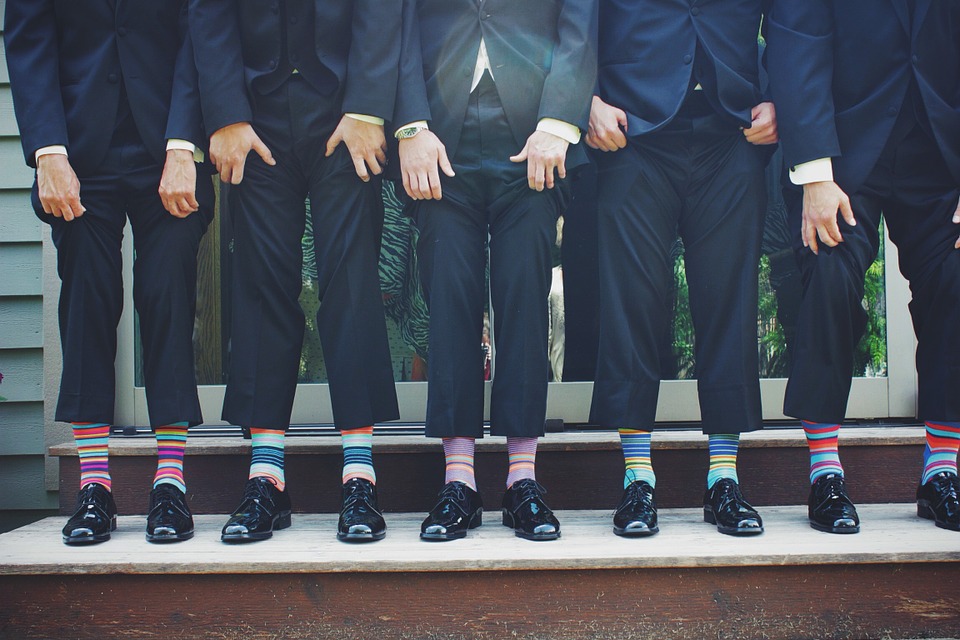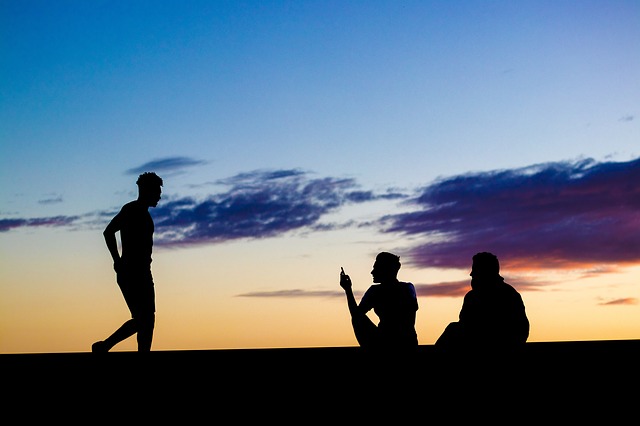And before you say “nothing”, here’s some examples, and the impact they have on a business’ reputation.
How much is a piece of pitta bread?
Likya is a slightly unlikely looking Turkish restaurant in Borehamwood. In a high street with the usual chains, this looks a little old school. Plus it’s got a lot of covers for an independent high street restaurant, and at 12.05 pm you can be the only people in there.
By 12.30 pm it’s got a buzz, and a stream of people, many of who would appear to be regulars.
I’ve been twice, and never left hungry. The bread for the dips just keeps appearing, the food is delicious, and the owners make sure everyone, regular or not, feels well looked after.
Investing or costing?
Contrast this to a place in a UK city, in sight of its cathedral. Moroccan food, so another generous cuisine. At 12.45 on a Friday lunchtime, we were the only people in there for a good 40 minutes.
One mezze order for two later, and the food was good. But too much hummus to pitta bread, so we asked for a little more. We probably got 2 pittas.
And an addition to the final bill of £1.50.
What does it cost versus what do you lose?
Before all the restaurant owners get upset with me, I understand that there’s a cost beyond the bread. It’s actually not even about the amount that ended up on the bill.
Imagine instead if they’d just kept an eye on us, and bread just arrived, or they checked if we would like some. What’s the view of the experience then?
Free socks through the post
I’ve never bought anything from BAM but arrived home to a pair of socks from them this week.
No catch.
They retail at £5. They might cost more than a pitta bread. But I haven’t bought lunch from the sock people.
I have read (most) of the accompanying letter, and glanced through the catalogue. I’m certainly going to wear the socks. And next time I’m in the market for socks, BAM will be in the mix.
There is no better investment than generosity
That’s a quote from the fantastic Diane Von Furstenberg, and I’d agree with her. The level of generosity is not the thing, it’s the act that’s key.
It doesn’t have to be about big gestures, and don’t think that it’s something only big businesses can do. Whatever you do, there’s something you can be generous with.
This is not about self-promotion
The best generosity gets reflected back to you, not by you. Your action might generate positive word of mouth recommendation. That stuff is a bit beyond price, probably well beyond the price of the action.
It generates stories that other people tell about you, which are even more valuable than your own stories. Being in someone’s conversation is something you can’t force. If you do, then it’s likely to be a less positive conversation about you.
But when someone tells you a story about great service, an experience that went above and beyond their expectations, or just a product that they’ve fallen in love with, you take notice. And it’s not just stories from someone you know, someone you like. Anyone can become a business’ best advocate. It’s why there’s been such a focus on “user-generated content”.
How do you get the benefit of your generosity then?
You might not. People might take advantage of you. There’s always freeloaders. Lots of other people might try to get free stuff from you.
It’s the risk you take, the downside.
If you want more guaranteed results, then buy advertising.
It depends on what you see as the benefit. The act of giving actually gives you a dose of happiness chemicals, including dopamine and endorphins. Buying advertising probably won’t do that for you. Giving can give you a sense of serenity, inner peace or even euphoria.
Word of mouth is its own reward
Having people talk positively about you and what you do is an amazing result. They might talk to people that your activity would never reach, putting your message in front of people that have never heard of you.
Even if they don’t buy from you right then and there, having more people hear your name, your product story, in a positive way, is a good thing. There might be a time when they are in the market for what you do, and they’ll think of you. Or they remember you when someone else asks about that kind of product.
What’s this all got to do with your content?
While what you do out of generosity is not about self-promotion, it doesn’t mean you can’t make the most of it. There’s no reason that you shouldn’t feature what people are saying about you.
Let’s face it, you’d feature an article from a magazine or newspaper, and customer stories should be treated in the same way. There are as many situations where people trust friends, even strangers they perceive as peers, more than experts. The lower the consequences of a decision (like choosing a restaurant) or the amount of fun it will deliver, the more you want to hear from people you could perceive as friends, even if they’re strangers.
A new gin, or a new jumper. A new place for dinner or a holiday cottage.
These are the kind of things where hearing from others could make a difference. So feature what they have to say, share it. Or go and comment on what they say wherever they’re talking about you.
What price do you put on your generosity?
Only you can decide how much you want to invest in generosity if it’s about giving away products or services. You won’t know until you do it what people might make of it.
But going back to BAM, I can find references to them doing this back in 2017, as well as sending the same person socks on several occasions before they ordered. You can only guess that it means that it works for them, and turns into a good customer.
It doesn’t have to be a big gesture. But if you can, be generous. And enjoy the endorphin rush.



